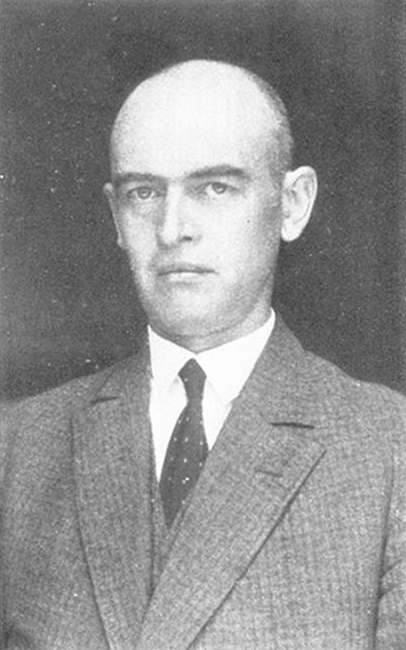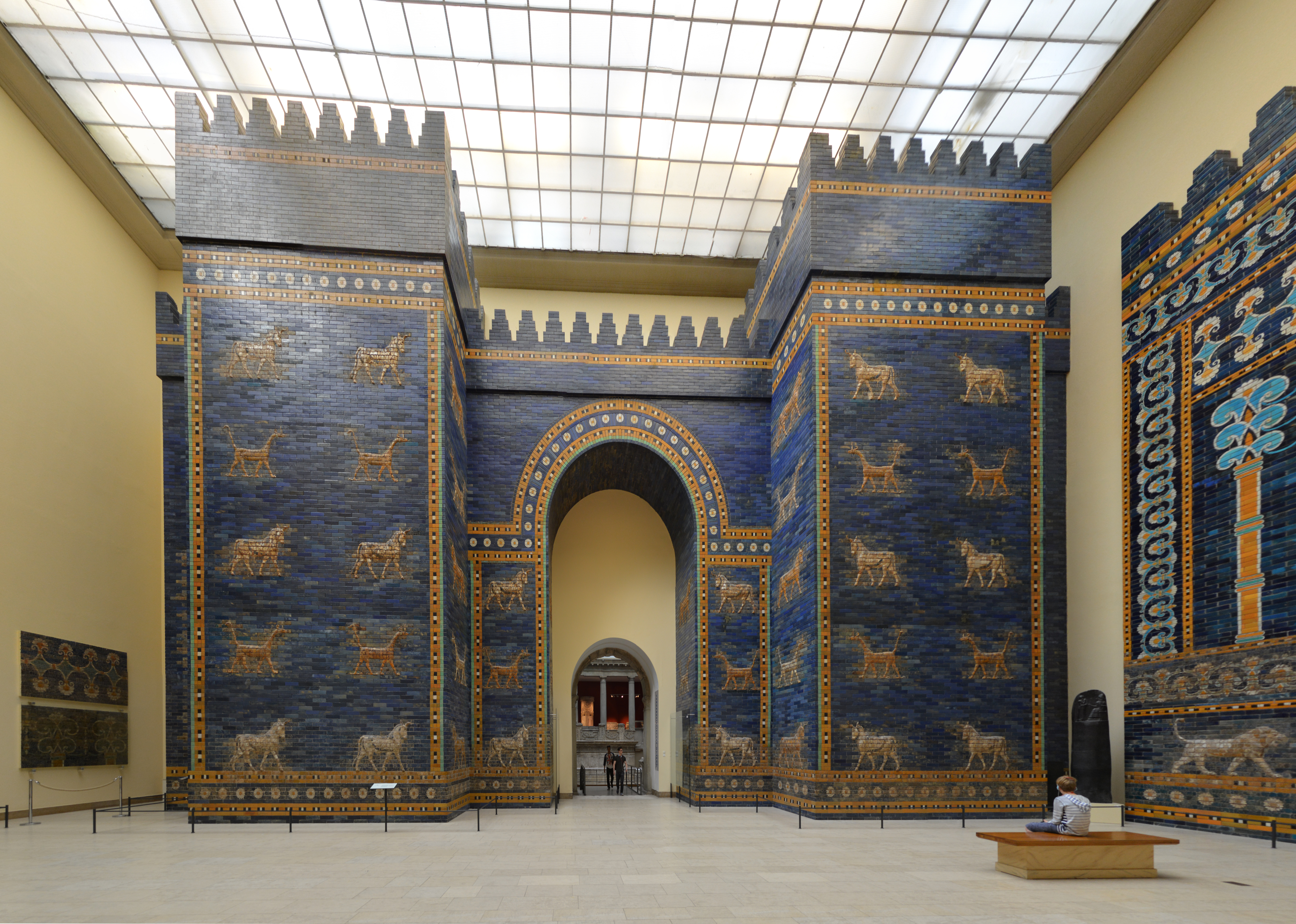|
Semiticist
Semitic studies, or Semitology, is the academic field dedicated to the studies of Semitic languages and literatures and the history of the Semitic-speaking peoples. A person may be called a ''Semiticist'' or a ''Semitist'', both terms being equivalent. It includes Assyriology, Arabic, Hebraist, Syriacist and Ethiopian studies, as well as comparative studies of Semitic languages aiming at the reconstruction of Proto-Semitic. See also *Asian studies *African studies *Philology Sources *Gotthelf Bergsträsser: ''Einführung in die semitischen Sprachen: Sprachproben und grammatische Skizzen'', Nachdruck, Darmstadt 1993. *Carl Brockelmann: ''Grundriss der vergleichenden Grammatik der semitischen Sprachen'', Bd. 1-2, 1908/1913. * David Cohen: ''Dictionnaire des racines sémitiques ou attestées dans les langues sémitiques''. *Giovanni Garbini, Olivier Durand: ''Introduzione alle lingue semitiche'' (1994), (review: Franz Rosenhal; The Journal of the American Oriental Society, Vol. ... [...More Info...] [...Related Items...] OR: [Wikipedia] [Google] [Baidu] |
Carl Brockelmann
Carl Brockelmann (17 September 1868 – 6 May 1956) German Semiticist, was the foremost orientalist of his generation. He was a professor at the universities in Breslau, Berlin and, from 1903, Königsberg. He is best known for his multi-volume '' Geschichte der arabischen Litteratur'' (first published 1898–1902) ('History of Arabic literature') which included all writers in Arabic to 1937, and remains the fundamental reference volume for all Arabic literature, apart from the Christian Arabic texts (covered by Georg Graf). He also published ''Syrische Grammatik mit Litteratur, Chrestomathie und Glossar'' (1899), ''Semitische Sprachwissenschaft'' (1906), ''Lexicon syriacum'' (1928), and ''Arabische Grammatik'' (under his own name 1941, but this was the eleventh edition of the grammar of Albert Socin, previously revised by Brockelmann several times). Career Brockelmann pursued Oriental studies, classical philology, and history in Rostock, Breslau, and Strasburg. He earned his ... [...More Info...] [...Related Items...] OR: [Wikipedia] [Google] [Baidu] |
Proto-Semitic
Proto-Semitic is the hypothetical reconstructed proto-language ancestral to the Semitic languages. There is no consensus regarding the location of the Proto-Semitic ''Urheimat''; scholars hypothesize that it may have originated in the Levant (most likely), the Sahara, or the Horn of Africa, and the view that it arose in the Arabian Peninsula has also been common historically. The Semitic language family is considered part of the broader macro-family of Afroasiatic languages. Dating The earliest attestations of a Semitic language are in Akkadian, dating to around the 24th to 23rd centuries BC (see Sargon of Akkad) and the Eblaite language, but earlier evidence of Akkadian comes from personal names in Sumerian texts from the first half of the third millennium BC. One of the earliest known Akkadian inscriptions was found on a bowl at Ur, addressed to the very early pre-Sargonic king Meskiagnunna of Ur (c. 2485–2450 BC) by his queen Gan-saman, who is thought to have been from A ... [...More Info...] [...Related Items...] OR: [Wikipedia] [Google] [Baidu] |
Semitic Languages
The Semitic languages are a branch of the Afroasiatic language family. They are spoken by more than 330 million people across much of West Asia, the Horn of Africa, and latterly North Africa, Malta, West Africa, Chad, and in large immigrant and expatriate communities in North America, Europe, and Australasia. The terminology was first used in the 1780s by members of the Göttingen school of history, who derived the name from Shem, one of the three sons of Noah in the Book of Genesis. Semitic languages occur in written form from a very early historical date in West Asia, with East Semitic Akkadian and Eblaite texts (written in a script adapted from Sumerian cuneiform) appearing from the 30th century BCE and the 25th century BCE in Mesopotamia and the north eastern Levant respectively. The only earlier attested languages are Sumerian and Elamite (2800 BCE to 550 BCE), both language isolates, and Egyptian (a sister branch of the Afroasiatic family, related to the ... [...More Info...] [...Related Items...] OR: [Wikipedia] [Google] [Baidu] |
Gotthelf Bergsträsser
Gotthelf Bergsträsser (5 April 1886, in Oberlosa, Plauen – 16 August 1933, near Berchtesgaden) was a German linguist specializing in Semitic studies, generally considered to be one of the greatest of the twentieth century. Bergsträsser was initially a teacher of classical languages before deciding to approach Semitic. He was a professor at Istanbul University during World War I, when he was an officer in the German army stationed in Turkey. While there, he studied the spoken dialects of Arabic and Aramaic in Syria and Palestine. One of his most well known works is the 29th (and final) edition of Wilhelm Gesenius' ''Hebrew Grammar'' (1918–1929), which remained incomplete, containing only phonology and morphology of the verb. Also widely admired was his ''Introduction to the Semitic Languages'' (1928, English 1983). These brought him international fame as a scholar. His last position was professor of Semitic languages at the University of Munich. Bergsträsser mostly eng ... [...More Info...] [...Related Items...] OR: [Wikipedia] [Google] [Baidu] |
Robert Hetzron
Robert Hetzron, born Herzog (31 December 1937, Budapest – 12 August 1997, Santa Barbara, California), was a Hungarian-born linguist known for his work on the comparative study of Afro-Asiatic languages, as well as for his study of Cushitic and Ethiopian Semitic languages. Biography Born in Hungary, as a child, Hetzron received both a general and religious Jewish education. He attended the University of Budapest, where he studied the Hungarian language and Hebrew as major subjects and started attending courses in the Department of Semitic Philology and Arabic. However, a few months later, he fled Budapest by foot following the 1956 Uprising in Hungary. He briefly stayed in Vienna and studied for a time in Strasbourg, before finally settling in Paris, where he studied linguistics with André Martinet and Joseph Tubiana. In 1960/61 he studied Finnish at Jyväskylä, Somali in London, and Italian at Perugia. He received his M.A. degree at the Hebrew University of Jerusalem, 1 ... [...More Info...] [...Related Items...] OR: [Wikipedia] [Google] [Baidu] |
Assyriology
Assyriology (from Greek , ''Assyriā''; and , '' -logia'') is the archaeological, anthropological, and linguistic study of Assyria and the rest of ancient Mesopotamia (a region that encompassed what is now modern Iraq, northeastern Syria, southeastern Turkey, and northwestern and southwestern Iran) and of the related cultures that used cuneiform writing. The field covers Sumer, the early Sumero-Akkadian city-states, the Akkadian Empire, Ebla, the Akkadian and Imperial Aramaic speaking states of Assyria, Babylonia and the Sealand Dynasty, the migrant foreign dynasties of southern Mesopotamia, including the Gutians, Amorites, Kassites, Arameans, Suteans and Chaldeans. The large number of cuneiform clay tablets preserved by these Sumero-Akkadian and Assyro-Babylonian cultures provide an extremely large resource for the study of the period. The region's (and indeed the world's) first cities and city-states like Ur are archaeologically invaluable for studying the growth of urbaniza ... [...More Info...] [...Related Items...] OR: [Wikipedia] [Google] [Baidu] |
Arabic Studies
Arab studies or Arabic studies is an academic discipline centered on the study of Arabs and Arab World. It consists of several disciplines such as anthropology, sociology, linguistics, historiography, archaeology, cultural studies, economics, geography, international relations, law, literature, philosophy, psychology, political science, and public administration. The field draws from old Arabic chronicles, records and oral literature, in addition to written accounts and traditions about Arabs from explorers and geographers in the Arab World (Middle East-North Africa). History Arab studies talk about the history of the Middle East and North Africa, before the rise of Islam to the present time. Covering a wide range of topics, such as methods, approaches, colonial history, gender, environmental and legal dimensions. It depends on the political, economic, social and cultural history of the region. Linguistic Arabic is a language spoken by more than 422 million people from t ... [...More Info...] [...Related Items...] OR: [Wikipedia] [Google] [Baidu] |
Hebraist
A Hebraist is a specialist in Jewish, Hebrew and Hebraic studies. Specifically, British and German scholars of the 18th and 19th centuries who were involved in the study of Hebrew language and literature were commonly known by this designation, at a time when Hebrew was little understood outside practicing Jewish communities. The 18th-century British academy was rife with pseudo-scholars, armchair anthropologists, mystics, and "enthusiasts" interested in the Hebrew language for diverse and polemical reasons. Empiricism from; the linguistic and historical discovery of Sanskrit, and the putative deciphering of Egyptian hieroglyphics by some; along with archaeological insight into the ancient Near East brought major sea-changes to Biblical history. Interest in the Hebrew language grew out of raging debates over the historicity of Noah's deluge and other Bible narratives, and even whether Hebrew is the most ancient language of the world taught to Adam by God himself. Some Hebrai ... [...More Info...] [...Related Items...] OR: [Wikipedia] [Google] [Baidu] |
Syriacist
Syriac studies is the study of the Syriac language and Syriac Christianity. A specialist in Syriac studies is known as a Syriacist. Specifically, British, French, and German scholars of the 18th and 19th centuries who were involved in the study of Syriac/Aramaic language and literature were commonly known by this designation, at a time when the Syriac language was little understood outside Assyrian, Syriac Christian and Maronite Christian communities. In Germany the field of study is distinguished between ''Aramaistik'' (Aramaic studies) and ''Neuaramaistik'' (Neo-Aramaic (Syriac) studies). At universities Syriac studies are mostly incorporated into a more 'general' field of studies, such as Eastern Christianity at the School of Oriental and African Studies, University of London, Aramaic studies at the University of Oxford and University of Leiden, Eastern Christianity at Duke University, or Semitic studies at the Freie Universität Berlin. Most students learn the Syriac langua ... [...More Info...] [...Related Items...] OR: [Wikipedia] [Google] [Baidu] |
Asian Studies
Asian studies is the term used usually in North America and Australia for what in Europe is known as Oriental studies. The field is concerned with the Asian people, their cultures, languages, history and politics. Within the Asian sphere, Asian studies combines aspects of sociology, history, cultural anthropology and many other disciplines to study political, cultural and economic phenomena in Asian traditional and contemporary societies. Asian studies forms a field of post-graduate study in many universities. It is a branch of area studies, and many Western universities combine Asian and African studies in a single faculty or institute, like SOAS in London. It is often combined with Islamic studies in a similar way. The history of the discipline in the West is covered under Oriental studies. Branches * South Asian studies (Indology) ** Bengal studies ** Dravidian studies *** Tamilology ** Pakistan studies ** Sindhology * Southeast Asian studies ** Filipinology (Philippi ... [...More Info...] [...Related Items...] OR: [Wikipedia] [Google] [Baidu] |
African Studies
African studies is the study of Africa, especially the continent's cultures and societies (as opposed to its geology, geography, zoology, etc.). The field includes the study of Africa's history (pre-colonial, colonial, post-colonial), demography (ethnic groups), culture, politics, economy, languages, and religion (Islam, Christianity, traditional religions). A specialist in African studies is often referred to as an "africanist". A key focus of the discipline is to interrogate epistemological approaches, theories and methods in traditional disciplines using a critical lens that inserts African-centred “ways of knowing” and references. Africanists argue that there is a need to "deexoticize" Africa and banalise it, rather than understand Africa as exceptionalized and exoticized.Mamdani, M. (1996), Chapter 1 from Mamdani, M., ''Citizen and Subject: contemporary Africa and the legacy of late colonialism''. African scholars, in recent times, have focused on decolonizing African ... [...More Info...] [...Related Items...] OR: [Wikipedia] [Google] [Baidu] |




